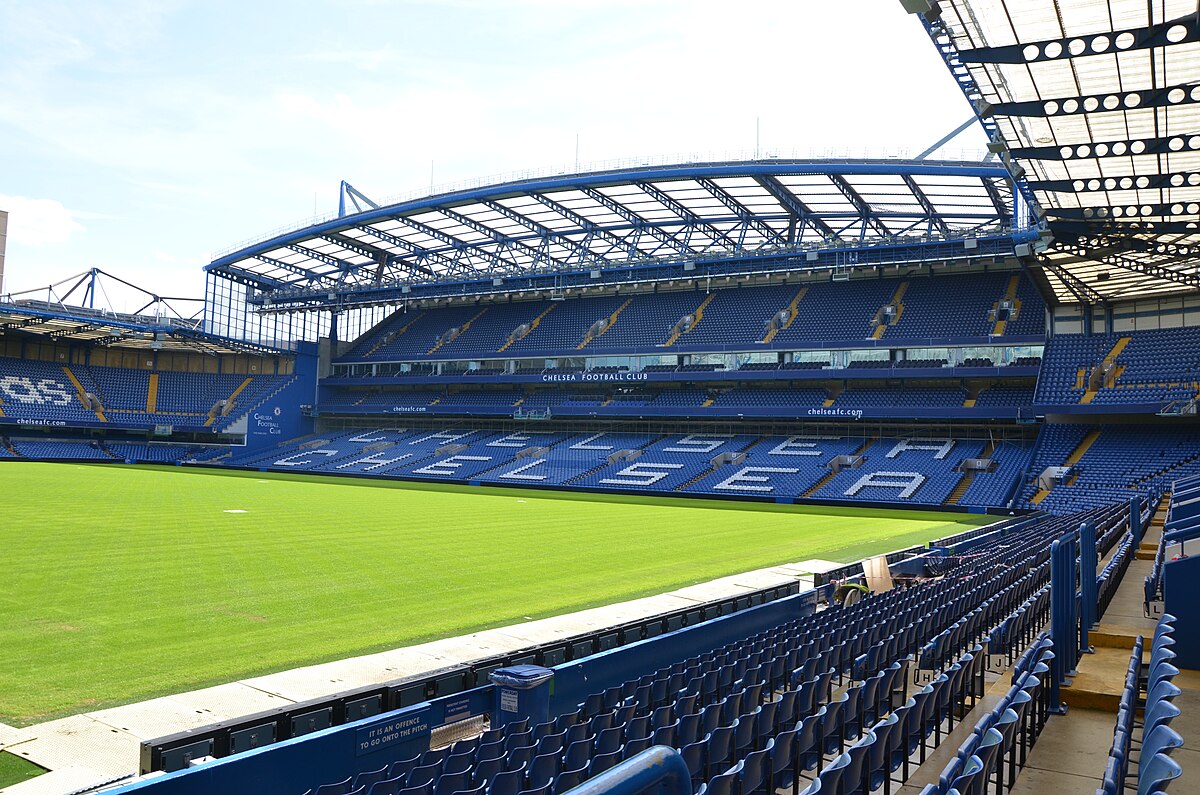Emperor Nicholas II of Russia (May 18, 1868 – June 28, 1936)
During the 1920s Russia began to become increasingly democratic, Tsar Nicholas II entered a state of deep melancholy after the death of his son, Tsarevich Alexei in 1923, in a car accident that would have been harmless to anyone. one that did not have emophilia, the Imperial Duma took advantage of this to increase its powers, being endowed with legislative powers, during the Imperial Duma election in 1925, the Socialist Revolutionary Party would be elected.
With the onset of the Great Depression in 1932, but for rapidly industrializing Russia, it would be a major blow, the Socialist government was ineffective in containing the crisis, and in 1934 an imperialist coup d'état initiated a dictatorship led by Ivan Kalmykov in 1936. Nicholas II died, aged 78.
Photo of Infamous Russian Dictator Ivan Kalmykov (5 September 1890 – 20 August 1973)
Ivan Kalmykov came to power in 1934, through a coup that took the revolutionary socialist party from power, and started a dictatorship in Russia, Kalmykov ruled Russia for more than 40 years, a period characterized by authoritarianism, promotion of a national identity unity, national orthodoxy and discriminatory language policies.
During the 1930s, Russia would go through many turmoil, in 1936 with the outbreak of the Turkish Civil War, Russia saw the opportunity to fulfill its ambitions of conquering more territories in the Caucasus, but also its long-term goal of possessing Constantinople. This, however, would not come to fruition, as Britain would once again prevent them from taking too much territory.
In 1940 the Svalbard War began, the Svalbard region was disputed by Russia and Norway due to its natural coal reserves, the war began after an incident between the Russian navy and a Norwegian freighter, which ended up being sunk, Norway accused Russia of unfounded aggression, while Russia blamed Norway for the incident, after months of tension and unresolved agreements, Russian troops were sent to the border and invaded Norwegian territory in October 1940, despite superior military force. , especially in tanks and aircraft, Russia suffered heavy losses and initially made little progress, Sweden entered the war after Russian troops entered its territory, after two years of war, The Moscow treaty ended up establishing the Svalbard archipelago as an International Zone, controlled by both countries, Russian losses were heavy and the country's international reputation suffered, defeat in the war would lead to a wave of nationalism in Finland, which would result in the region's independence in 1954, and the independence of Poland in 1944.
Such a reputation would be regained after the end of the Turkish Civil War of 1944, Russia would see substantial territorial gains in the Caucasus, mainly Armenia, despite not being able to annex Constantinople directly
Due to secret deals made between the Russian Empire and the Empire of Japan, the two would divide up northern China. Russians had been moving north from Inner Manchuria since the constriction of the Trans-Siberian Railway and Harbin was a sprawling city with a mostly Russian population. As more and more Russians moved there, a situation similar to that of the United States and Mexico in the mid-19th century arose: The Chinese government would lose control over these regions as it was in a civil war and with more and more Russians crowding in and even Chinese people there not liking Nanking, parts of East Turkestan, Outer Mongolia and northern Inner Manchuria would declare independence and ask to join Russia.
In the 1960s, Russia would experience an unprecedented pace of economic growth, driven by industrialization, a mass internal migration from rural areas to Saint Petersburg, Moscow, Novorossiya, Siberia and Central Asia, and the creation of a mass tourism industry. .
With Kalmykov's death in 1973, Vladimir III would regain most of his powers as tsar of Russia and head of state. In 1976, a new Russian Constitution would restore democracy and the Government would devolve much authority to the regions and create an internal organization based on autonomous districts.
Kalmykov is a controversial figure in Russia, on the one hand he led to an era of economic prosperity in Russia that would see the country become one of the largest economies in the world, on the other hand it did so through wars, genocides, and the brazen authoritarianism that affected Russia to the present day
